Get Involved with the SRPMIC Special Needs Resource Program
The Salt River Pima-Maricopa Indian Community (SRPMIC) is dedicated to providing support for individuals with special needs and their families. Through the Special Needs Resources Program, established by the Action Team Addressing Special Needs (ATASN), we connect Community members to valuable resources and services both on and off the reservation.
Monthly Spotlight
Each month, the community highlights programs, services, and success stories.
The article below provides a brief overview of what some parents may experience after learning that their child has a disability. There are numerous ways and opportunities for parents to feel less overwhelmed while they advocate for and support their child’s needs.
During each stage of your child’s development, there are great resources that you and your child can access that confirms that you are not alone. Seek out seminars, programs, support groups, educational tools, books, workshops, conferences, activities, guides, classes, organizations, agencies, assistive devices, trainings, and much more in various formats and for participation at all levels of abilities.
You Are Not Alone – For Parents When They Learn Their Child Has a Disability [PDF]
Emergency Preparedness
Emergency Preparedness for Seniors and Special Needs Population
Although everyone needs to prepare for emergencies, those individuals that may have some special needs during a disaster because of a medical condition, disability, or just strictly because of their physical limitations because of age, need to take some extra steps to prepare.
People with special needs should take the basic steps that we encourage everyone to do before the disaster strikes (prepare an emergency Kit, have a family plan) but in addition, the following are some additional steps that they should consider.
- Create a support network to help you plan for an emergency. Consider family, neighbors, friends, people who provide services to you, faith-based and community groups. Tell these people where you keep your emergency supplies. Give at least one member of your support network a key to your house or apartment.
- If you receive dialysis or other life sustaining medical treatment, identify the location and availability of more than one facility and work with your provider to develop your personal emergency plan.
- Show others how to operate your wheelchair or other assistive devices.
- Work with local transportation and disability services to plan ahead for accessible transportation if you may need that for evacuation or other reasons during a disaster.
- Battery chargers and extra batteries for hearing aids, motorized wheelchairs, or other battery-operated medical or assistive technology devices
- Copies of medical prescriptions, doctors orders, and the style and serial numbers of the support devices you use
- A list of personal contacts, family and friends that you may need to contact in an emergency
- A laminated personal communication board, if you might need assistance with being understood
- If possible, extra medicine, oxygen, insulin, catheters, or other medical supplies you use regularly
- If you use a motorized wheelchair, have a light weight manual chair available for emergencies. Know the size and weight of your wheelchair, in addition to whether or not it is collapsible, in case it has to be transported.
This packet includes a checklist to help you prepare further. If you have additional questions about your or your family’s emergency preparedness needs, please feel free to contact the Community’s Emergency Manager at 480-362-7927.
Emergency Preparedness Resources
Resources
The following links are provided for informational purposes, though the SRPMIC does not endorse the content of external sites:
Family Resource Center – Class Schedule
National Alliance on Mental Illness – Arizona Chapter
Raising Special Kids – Workshops
Southwest Autism Research and Resource Center
Lending Library
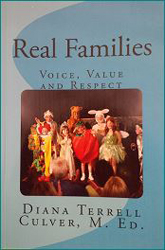
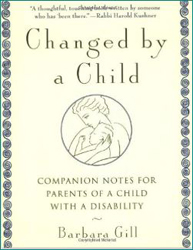
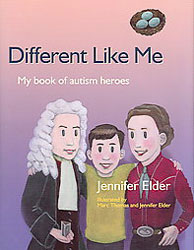
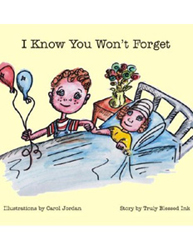
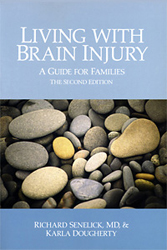
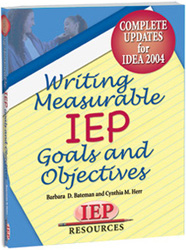
Terms and Definitions
List of Acronyms for Common Disability Terms and Organizations [PDF]
Contact Information
For direct assistance, individuals can reach out to Special Needs Coordinator Zandria Ransom at (480) 362-6980 or zandria.ransom@srpmic-nsn.gov.
Additionally, you can contact the Resource Line at (480) 362-7844, the TTY Line at (480) 362-6887, or email SpecialNeeds@SRPMIC-nsn.gov for further support.
Please contact us with any questions, comments, or concerns.
Location: Human Resources, Two Waters Building B
Resource Line: (480) 362-7844
TTY Line: (480) 362-6887
Email Address: SpecialNeeds@SRPMIC-nsn.gov